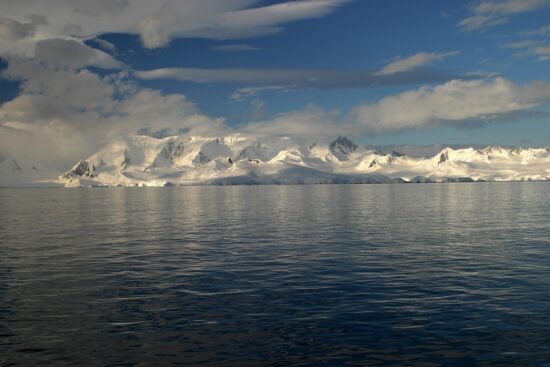Assessing the impact of sewage and wastewater on antimicrobial resistance in nearshore Antarctic biofilms and sediments
The study investigates the spread of antimicrobial resistance (AMR) in Antarctica, a region known as “the last great wilderness”. The research uses sequencing discovery-led methods to study the microbial communities around the Rothera Research Station. Results show highly variable and diverse microbial communities, with no site being more or less diverse. Enteric bacteria levels were low at all sites, possibly due to their vulnerability to the extreme environmental conditions. The study suggests that sewage effluent has minimal effect on microbial community composition, with each site developing its unique niche community. The findings suggest that AMR in Antarctic marine environments is more complex than previously thought.
AMR NEWS
Your Biweekly Source for Global AMR Insights!
Stay informed with the essential newsletter that brings together all the latest One Health news on antimicrobial resistance. Delivered straight to your inbox every two weeks, AMR NEWS provides a curated selection of international insights, key publications, and the latest updates in the fight against AMR.
Don’t miss out on staying ahead in the global AMR movement—subscribe now!






